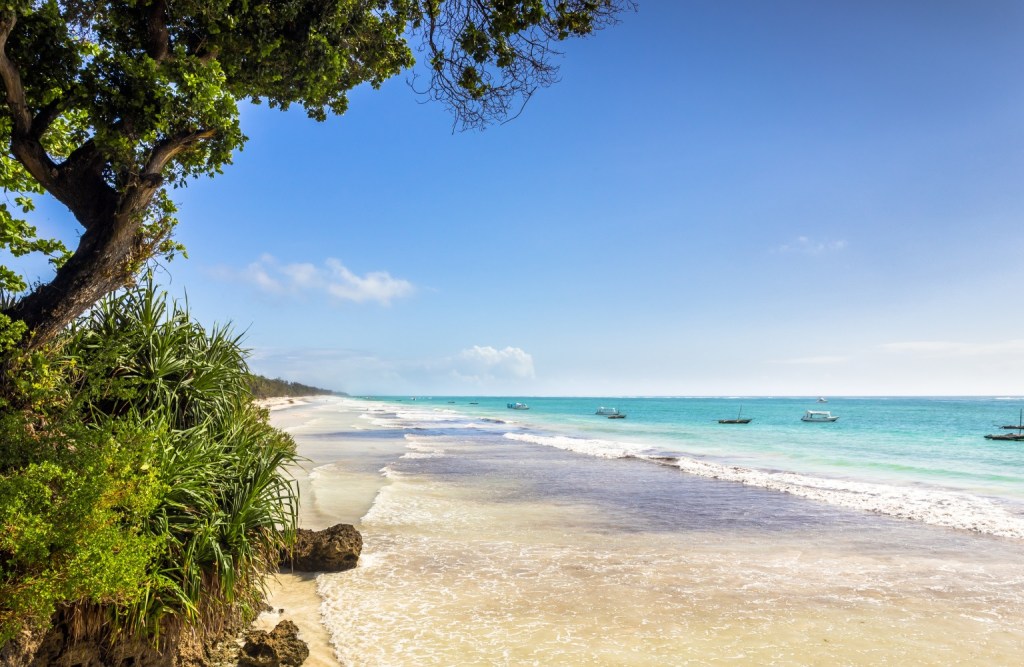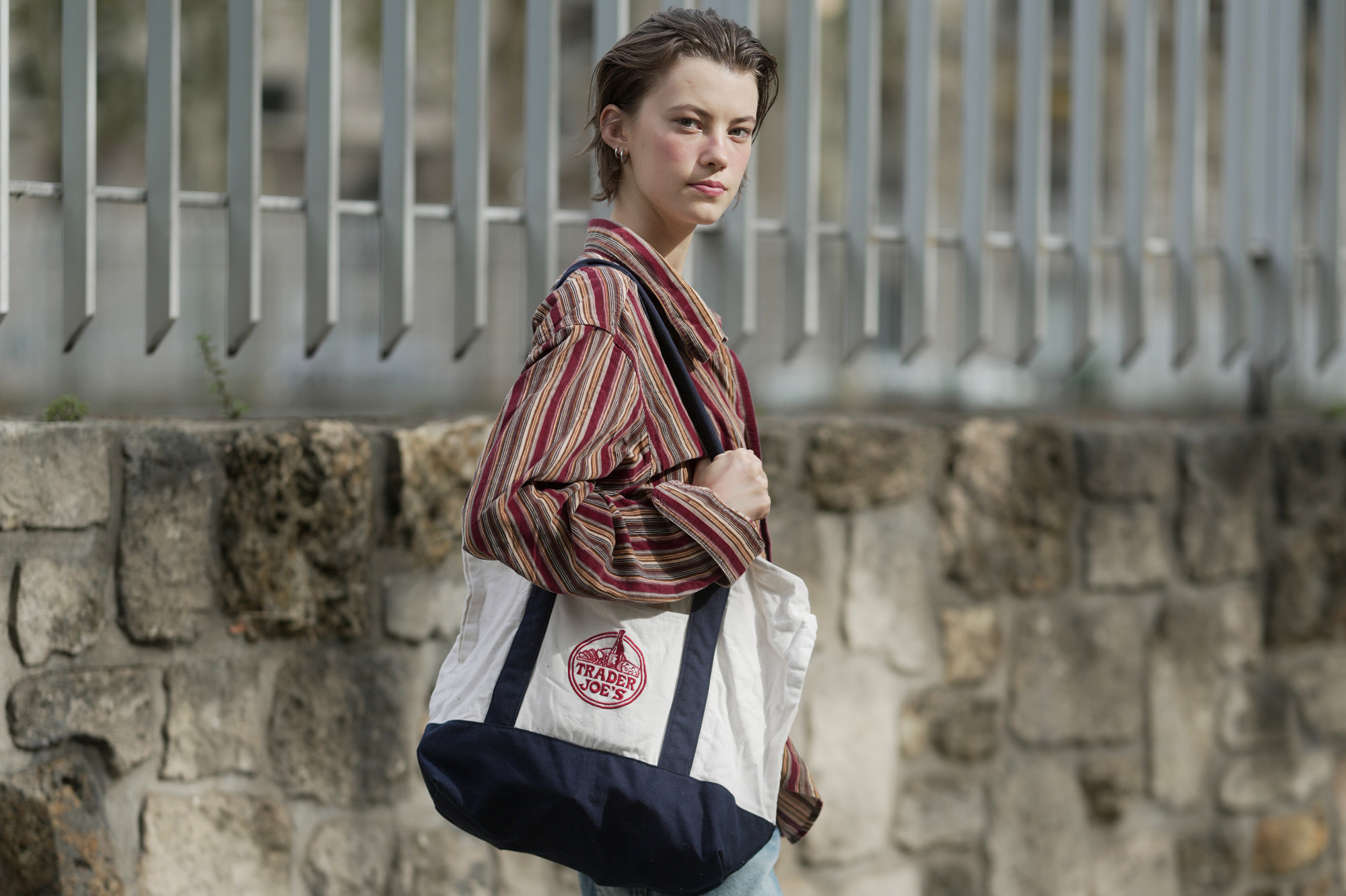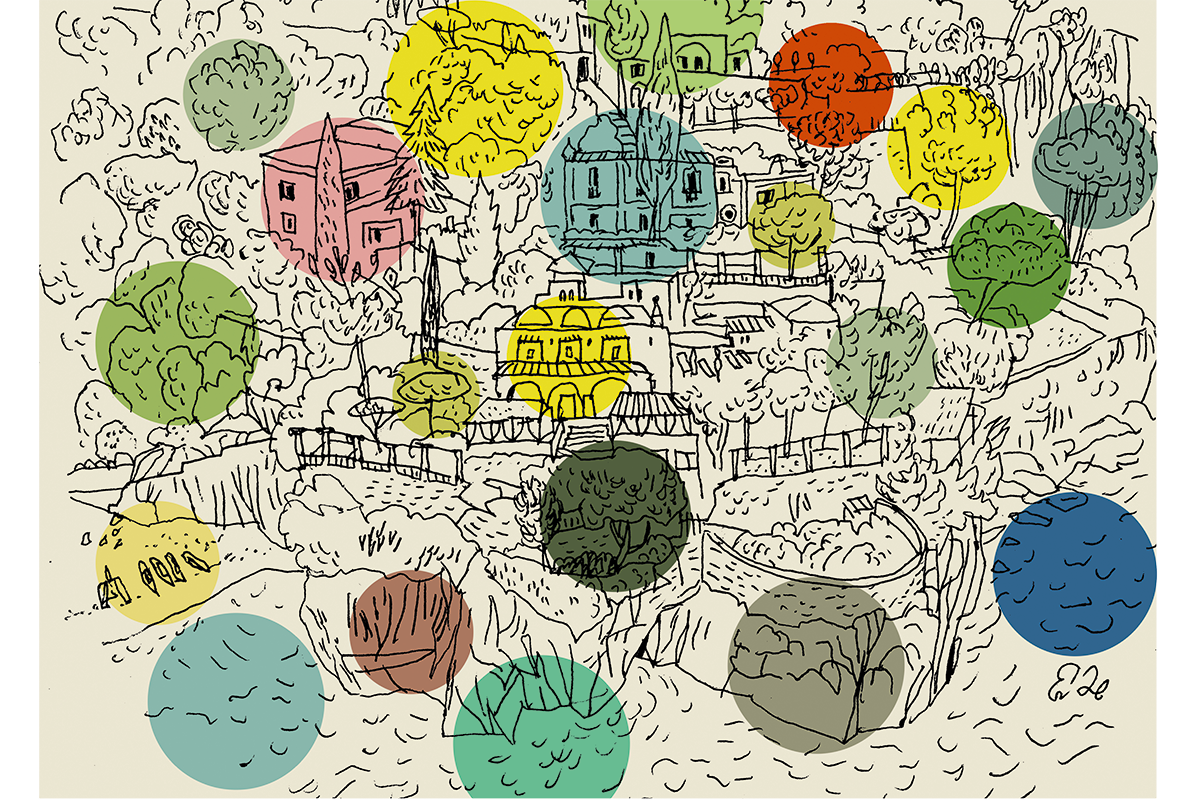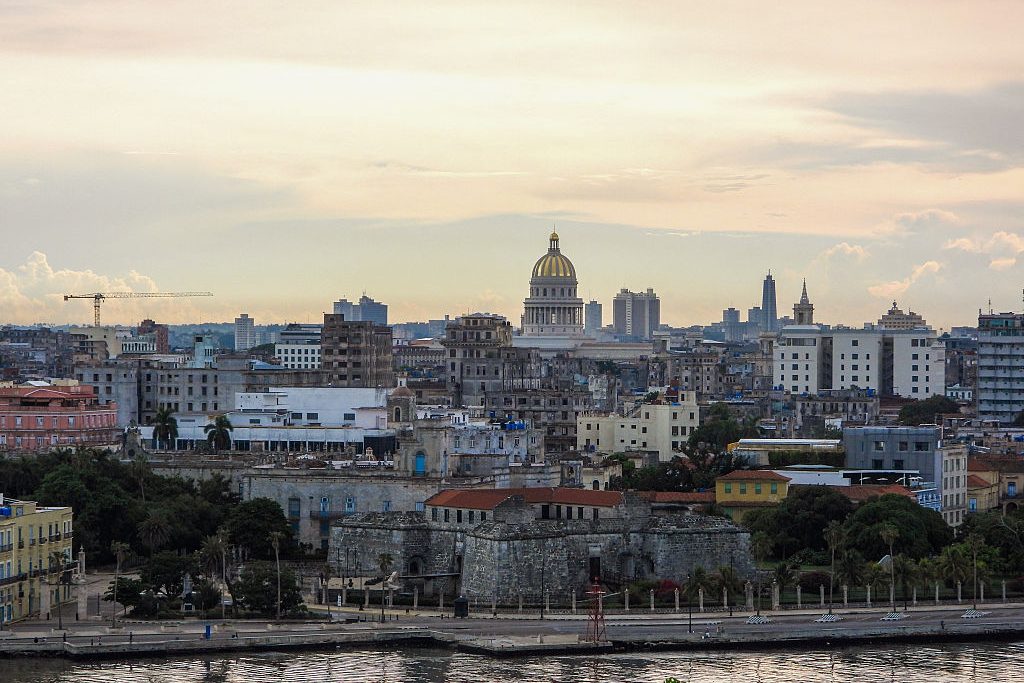Malindi, Kenya coast
As I walked along the empty shore on our stretch of Kenya’s north coast, I noticed a big fish, a giant trevally, swimming in the gentle waves parallel to me. When I came to the coral rag cliffs at the end of the beach and turned around, the fish also turned around and swam alongside me, keeping abreast with my stride. The tropical noon sun burned my bare back and I began to wonder if this creature wanted to tell me something, or that perhaps he was awaiting my confession for all my wrongdoings in 2023. I waded into the limpid water towards him and he swam away into deeper waters. At that moment I realized that the trevally was probably the ghost of my mother or my father, both of whom we scattered as ashes in these waves. On this beach, I often find myself talking at my parents, hoping for some sort of response in the ocean. Today, I became distracted by the quantities of trash on the sand, the detritus of the year.
On this beach, I often find myself talking at my parents, hoping for some sort of response in the ocean
I went to call Bobby, who works at our coast shack, and we split up to walk to either end of the beach, 500 yards long, carrying a bundle of large bin bags. Over the next hour we worked our way back towards each other while collecting twelve big bags of plastic waste. The garbage included bottle tops, plastic bottles, flip-flops, plastic syringes, vaccine vials, toothbrushes, lighters, nylon rope, plastic cups, beer cans, jerrycans and condoms, both used and unopened. To my surprise I also found one large dildo that had been savagely chewed halfway along its length, by a dog or perhaps a shark.
“‘Large’ — subjectively?” asked a friend. “Not as large as the head of the 5,500lb great white shark that hangs on the Malindi Fishing Club bar wall,” I said. “But intimidating… and gnawed down to half the manufacturer’s length.” “Half — but how would you know?” Strikingly absent were plastic bags, which were banned in this country seven years ago. If only we’d ban plastic bottles. Still, in Kenya we accumulate much less plastic crap than I’ve seen after visiting a Western supermarket. If I ever do enter a shop here, which is very rare, everything gets tipped into a coconut kikapu basket. These days Kenyans are much more careful about littering than they used to be, though our councils don’t bother to manage the trash. A mile behind our beach is a vast garbage dump which burns day and night, producing an acrid stench that wafts across the bougainvillea as murders of Indian crows swirl around above the filth. Among the uncollected mounds of trash along our roadsides, family herds of cattle and goats can be seen munching disposable diapers and medical waste.
Back on the beach, in among the plastic there are still many riches for the beachcomber: turtle shells and whale bones, palm frond fish traps, timbers from wrecked dhows and dugout canoes, lumps of bitumen from oil seeps off the Somali coast, mangrove seedpods and shards of blood red coral. I’ve never found ambergris, but it’s out there along this shore because I know men who have found it. There is celadon and thousand-year-old porcelain from China. As a boy on this beach among the ghost crabs and sandpipers, I used to gather this stuff and take it home, convinced that there would be a use for everything I could drag up the sandy path. Once when I was sent overseas to boarding school in England my blazer began stinking several days after term started and in one of the pockets I found a small dead fish I had caught on the reef back home on the Indian Ocean. When it came out of the water alive it had electric tropical colors that at the age of six I wanted as a keepsake.
The day after Bobby and I collected all that rubbish I woke up at dawn and felt sunburned and stiff from the exertions. I walked along the beach and saw the tracks of several turtles that had tractored their way up above the high water mark to lay their eggs during the night. The Kaskazi monsoon was blowing hard down from the north and against the rising sun a lateen sail was moving fast towards the outer reefs. The beach was clean of trash and, as the wading birds moved off, I found a big lump of back pumice stone from some undersea volcanic eruption in this wonderful Indian Ocean.
This article was originally published in The Spectator’s UK magazine. Subscribe to the World edition here.


























Leave a Reply